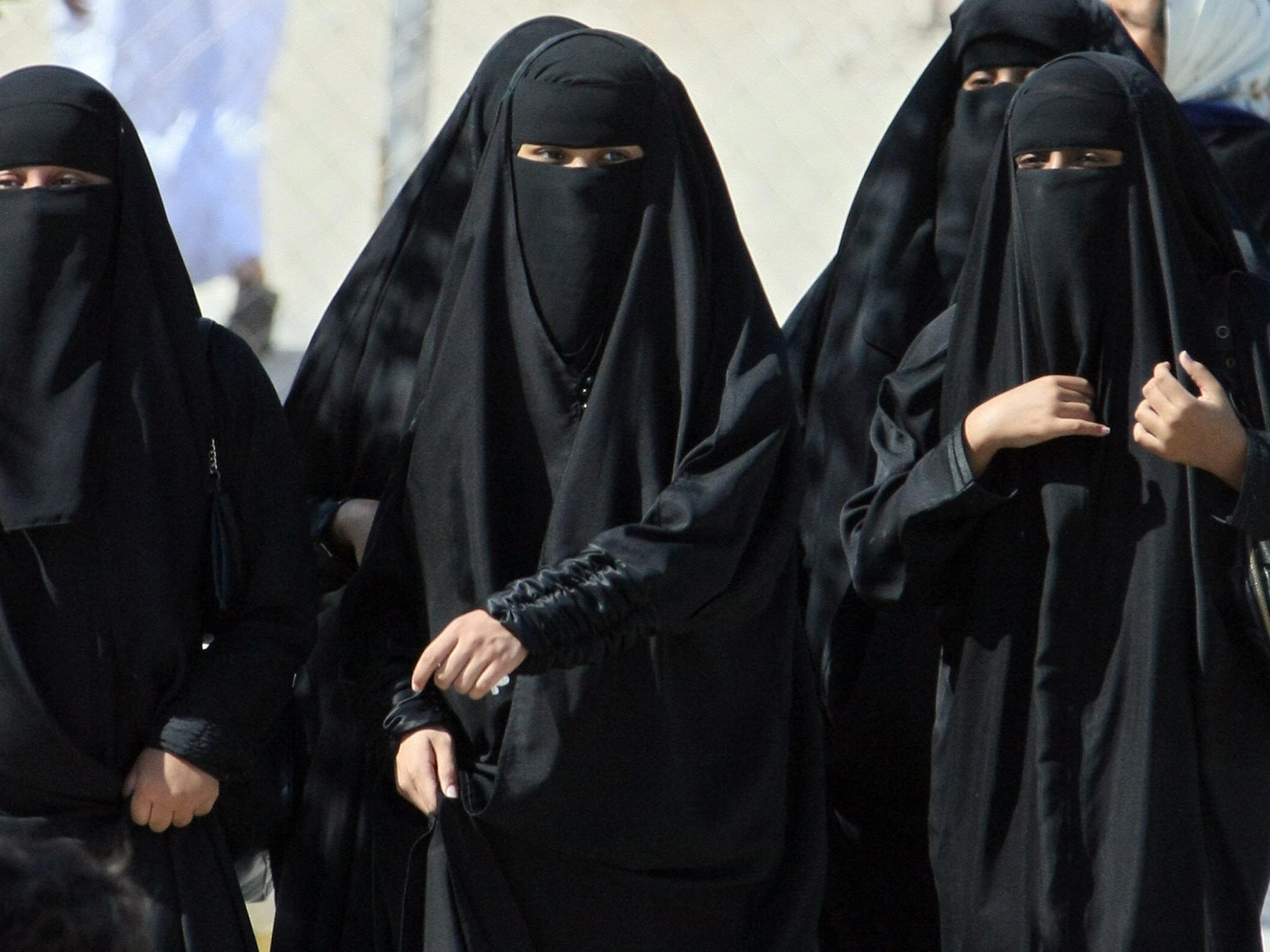Saudi sisters stuck in Hong Kong for five months after trying to seek asylum in Australia
Women fled family holiday in Sri Lanka but were intercepted on stopover flight in attempt to reach 'place of safety'

Your support helps us to tell the story
From reproductive rights to climate change to Big Tech, The Independent is on the ground when the story is developing. Whether it's investigating the financials of Elon Musk's pro-Trump PAC or producing our latest documentary, 'The A Word', which shines a light on the American women fighting for reproductive rights, we know how important it is to parse out the facts from the messaging.
At such a critical moment in US history, we need reporters on the ground. Your donation allows us to keep sending journalists to speak to both sides of the story.
The Independent is trusted by Americans across the entire political spectrum. And unlike many other quality news outlets, we choose not to lock Americans out of our reporting and analysis with paywalls. We believe quality journalism should be available to everyone, paid for by those who can afford it.
Your support makes all the difference.Two sisters from Saudi Arabia say they were intercepted at Hong Kong airport by the kingdom's diplomats en route to Australia, in the latest case of Saudi women fleeing the country to escape alleged repression.
Crown Prince Mohammed bin Salman is visiting Beijing on a tour of Asia just a month after a Saudi woman hit global headlines by barricading herself in a Bangkok airport hotel to avoid being sent home to her family.
“These brave, young, intelligent women have been living in fear, in hiding and in legal limbo in Hong Kong, not knowing what their future holds,” their lawyer, Michael Vidler, said in a statement on Thursday.
They hoped to find a third country “place of safety” as soon as possible, he added.
The pair, who have renounced their Muslim faith, arrived in the Chinese territory in September 2018 after fleeing a family holiday in Sri Lanka and had booked a connecting flight to Australia, Mr Vidler said.
But the sisters, aged 18 and 20, whose identity Mr Vidler did not reveal, were intercepted by officials during their stopover in the Asian financial hub, before they managed to escape and enter the city as visitors, he said.
The women, who have been in hiding in the former British colony for the last five months, told the lawyer their connecting flight to Australia was cancelled and the officials tried to put them on a flight to the Saudi capital of Riyadh.
Mr Vidler said the sisters learnt that the officials who intercepted them were Saudi Arabia's consul general and vice consul general in Hong Kong, but did not explain how they came by the information.
The Saudi consulate in Hong Kong did not respond to a request from Reuters for comment on Friday.
“We fled our home to ensure our safety,” the women said in the statement.
“We hope that we can be given asylum in a country which recognises women's rights and treats them as equals. We dream of being in a safe place where we can be normal young women, free from violence and oppression.”
Since September, the sisters have changed location 13 times, fearing for their safety, Mr Vidler said.
In November, the Hong Kong Immigration Department told them their Saudi passports had been invalidated and they could only stay in the city until 28 February.
Police in Hong Kong, which returned to Chinese rule in 1997, said only that they had received a report from “two expatriate women” and were investigating, but did not elaborate.
The Hong Kong Immigration Department said it would not comment on individual cases.
The incident, and the January case of the barricaded 18-year-old, since granted asylum in Canada, spotlights Saudi Arabia's strict social rules that require women to secure travel permission from a male “guardian”, which rights groups say can leave them trapped as prisoners of abusive families.
Riyadh is facing unusually intense scrutiny from its Western allies over the killing of a journalist at its Istanbul consulate in October and over the humanitarian consequences of its war in Yemen.
Reuters
Join our commenting forum
Join thought-provoking conversations, follow other Independent readers and see their replies
Comments